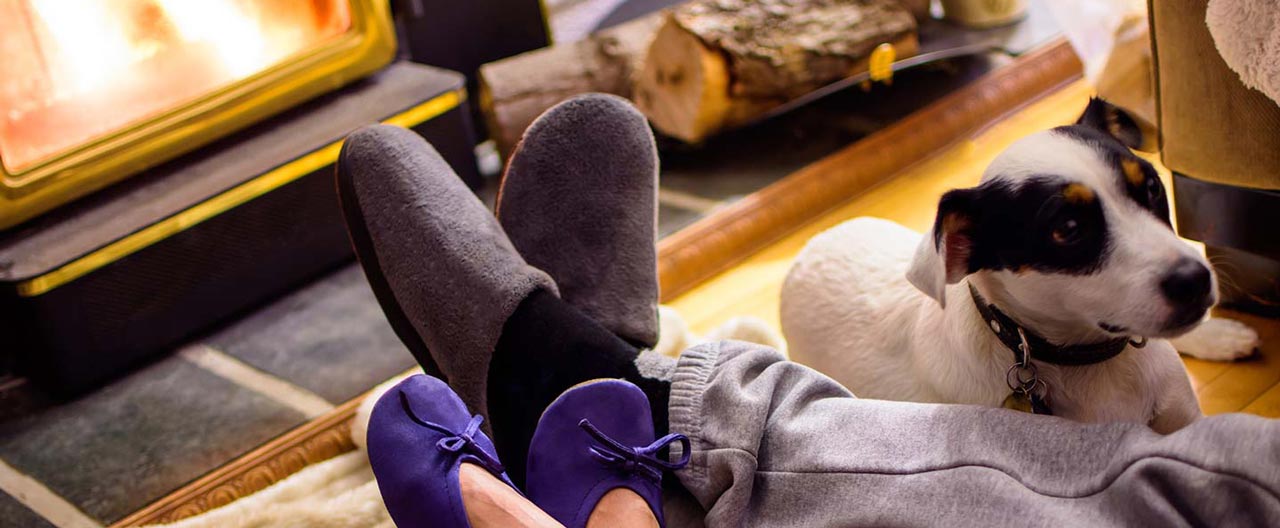- Individuals & Families
- Businesses
- Agents & Brokers
- Embedded Insurance
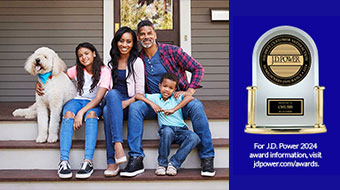
Chubb ranked #1 for Homeowners Insurance Customer Satisfaction.

Chubb ranked #1 for Homeowners Insurance Customer Satisfaction.

Chubb ranked #1 for Homeowners Insurance Customer Satisfaction.

Chubb ranked #1 for Homeowners Insurance Customer Satisfaction.

Because pets are family, Chubb now offers pet insurance with top-rated coverage from Healthy Paws.

Chubb offers the insurance protection you need for travel’s many “what ifs”.

Chubb protects small businesses at every stage – from newly formed start-ups to long-time anchors of the community.

Stay ahead of cyber threats with our free Cyber Claims Landscape Report.

Learn more about our dedicated learning paths, Online Learning Center, and more.

Many digital-savvy consumers look for it as a core or add-on option.

Many digital-savvy consumers look for it as a core or add-on option.

Many digital-savvy consumers look for it as a core or add-on option.

Chubb’s in-house technology makes it easy to integrate what we do into your customer experience.
-
About
-
Claims
-
Login & Pay Bill
For Agents & BrokersFor Travel Advisors
-
Back
Two-thirds of all residential fires are caused by improperly maintained fireplaces, chimneys, and wood stoves, according to the National Fire Protection Association. Which means, most of these types of fires are preventable. So, before you cozy up to a fire this winter, make sure you follow a few simple safety tips.
1. Get your fireplace and chimney inspected and cleaned.
Some fires are the result of a build-up in the chimney flue called creosote, which is a biproduct of burning wood. When the temperature inside the flue gets high enough, the creosote can ignite, causing a chimney fire. Because flues are not designed for the high temperature of a direct fire, the flue material can crack or separate and allow the structural material of a house to catch fire.
Hiring a chimney sweep once a year to clean and maintain your fireplace and chimney can prevent a lot of issues. Visit the Chimney Safety Institute of America (www.csia.org) website to find a certified chimney sweep in your area.
2. Properly dispose of fireplace ashes.
Place them in a metal bucket, allow them to cool for 12 -24 hours, wet them down, and move them outside until there are no more hot spots. Get your chimney inspected and cleaned before the holidays.
3. Maintain your wood stove, gas log system and oil-fired heating equipment too.
Each of these systems should be cleaned, inspected, and maintained at least once a year to prevent problems.
4. Each of these systems should be cleaned, inspected, and maintained at least once a year to prevent problems.
A spark arrestor is a screen that covers the top of your chimney. It can prevent hot embers from flying out of the chimney, landing on, and igniting roofing material, leaves, or other debris on the roof. Installing glass fireplace doors will act as a second layer of defense against airborne embers. If you’re leaving the home or retiring for the evening, always close the glass doors but leave the flue open.
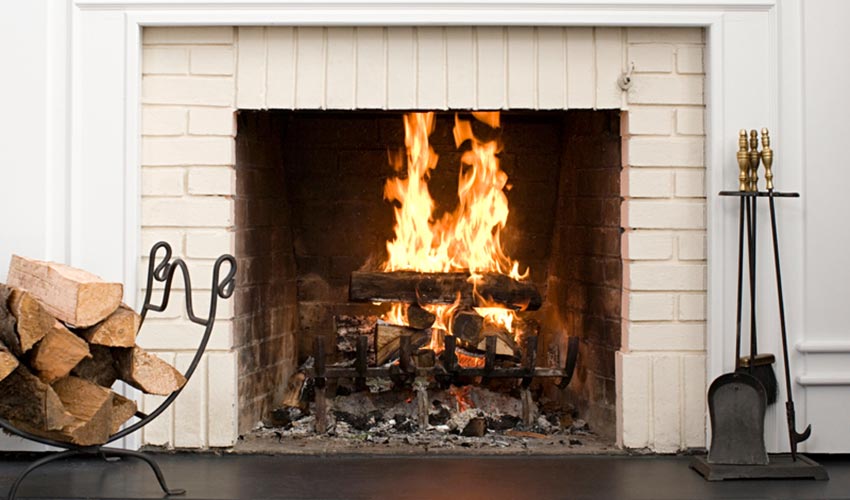
5. Use a protective screen with a wood burning fireplace.
This screen will catch any stray embers before they can fly or pop out of your fireplace.
6. Install carbon monoxide detectors on every floor of your home.
Carbon monoxide can cause sickness and even death, if undetected. Because it cannot be seen or smelled, a detector is a necessity.
7. Use seasoned hardwood.
Softwood or unseasoned hardwood can create an excessive amount of creosote to build up in your chimney flue.
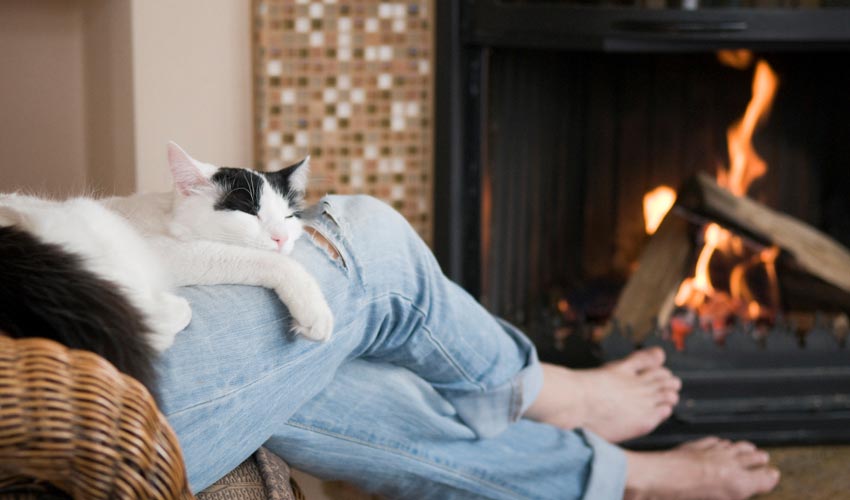
8. Keep your fire to a reasonable level.
While it may seem nice to have a roaring fire in the fireplace, creating excessive heat in the chimney can cause the flue to crack.
9. Stay by your fire, until it’s out.
Never go to sleep or leave your home while a wood burning fire is going. By being close by, you can make sure your fire stays under control – and you can enjoy its warmth and ambiance!
Insights and expertise
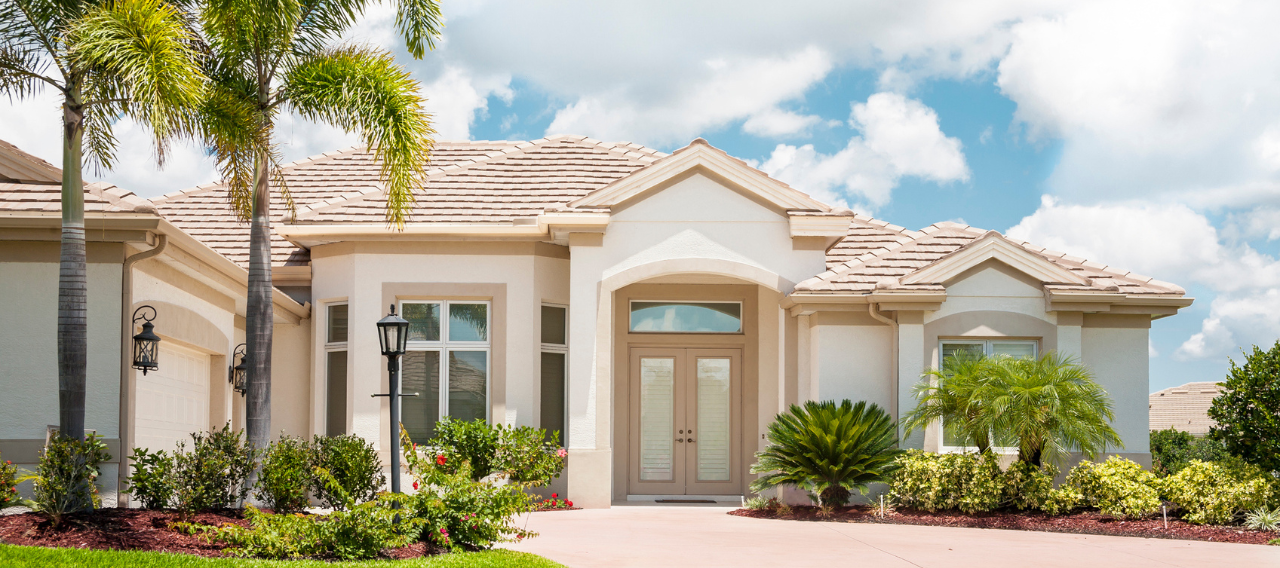
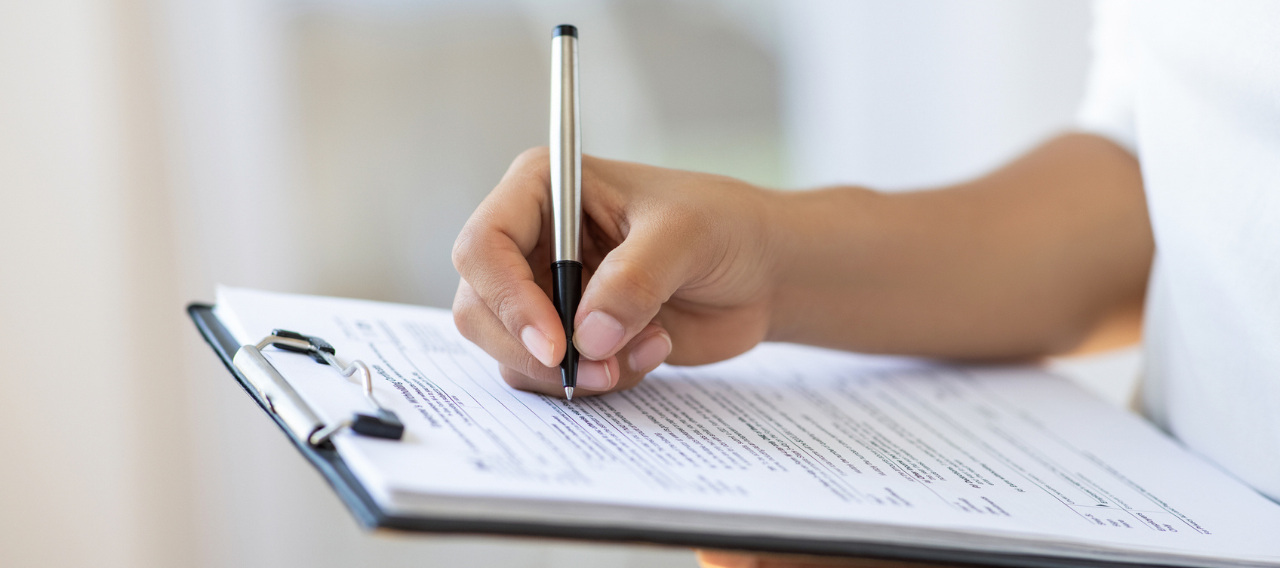
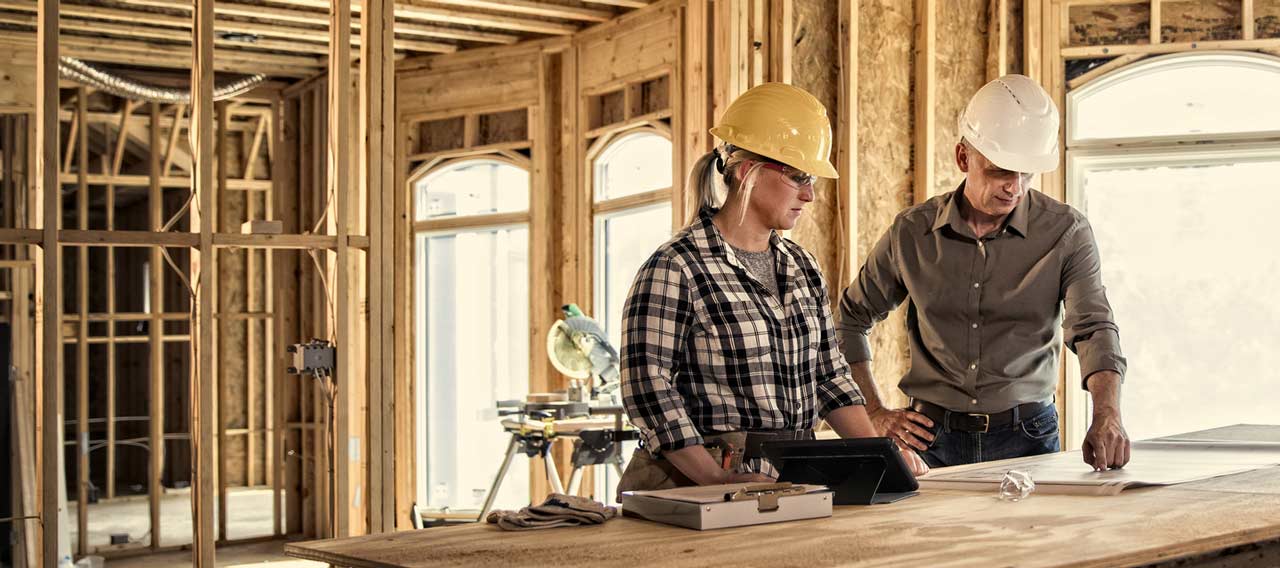
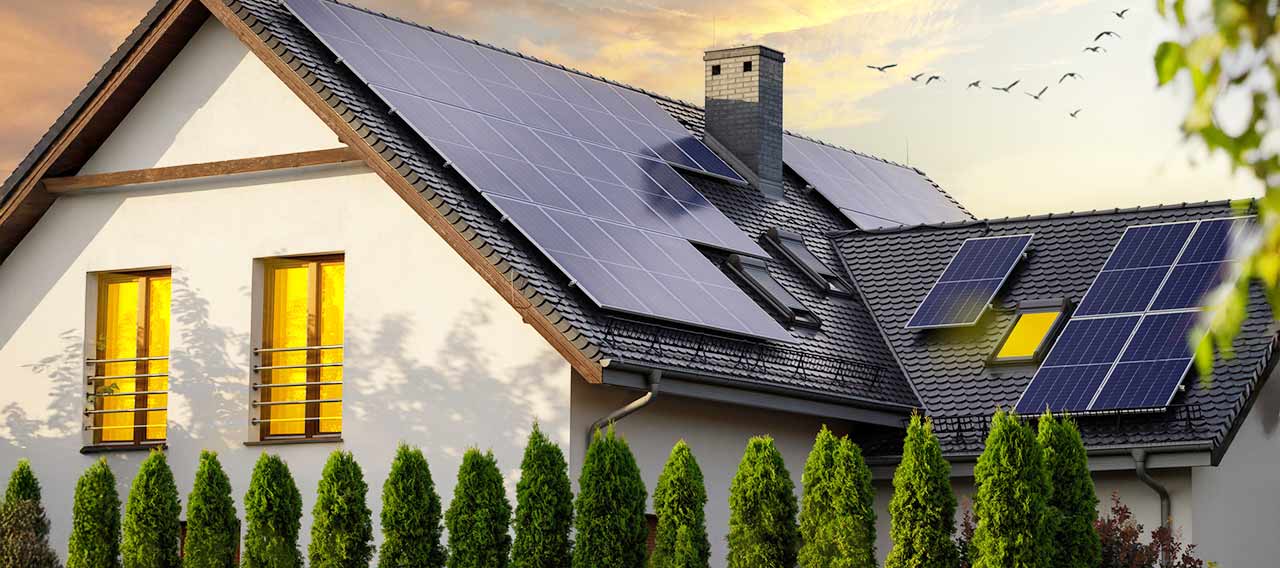
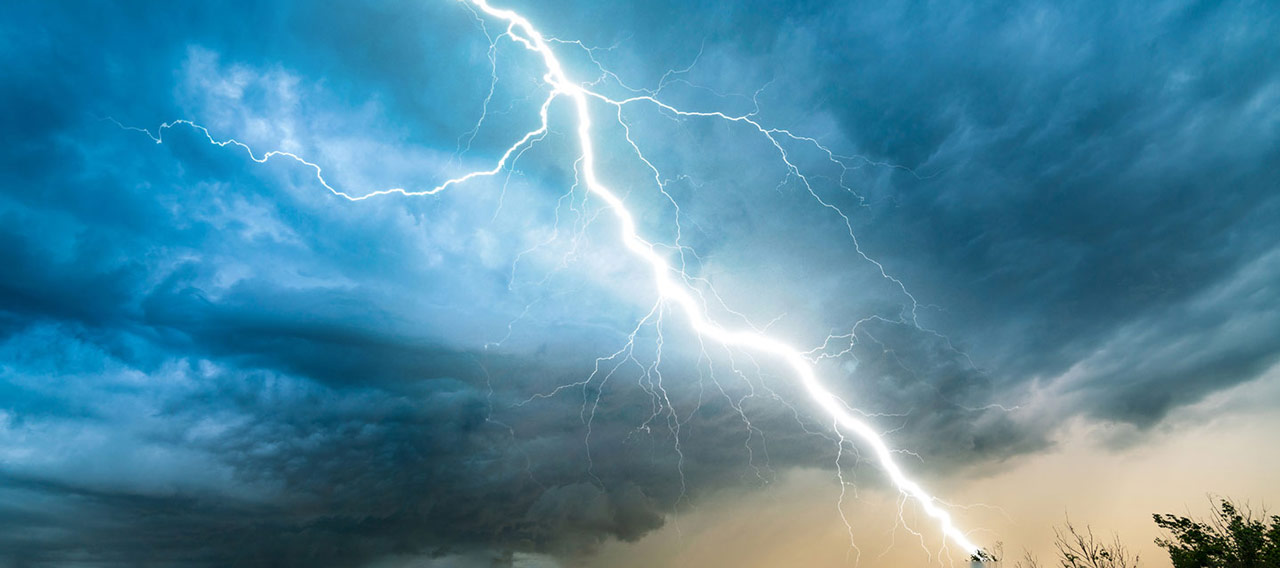
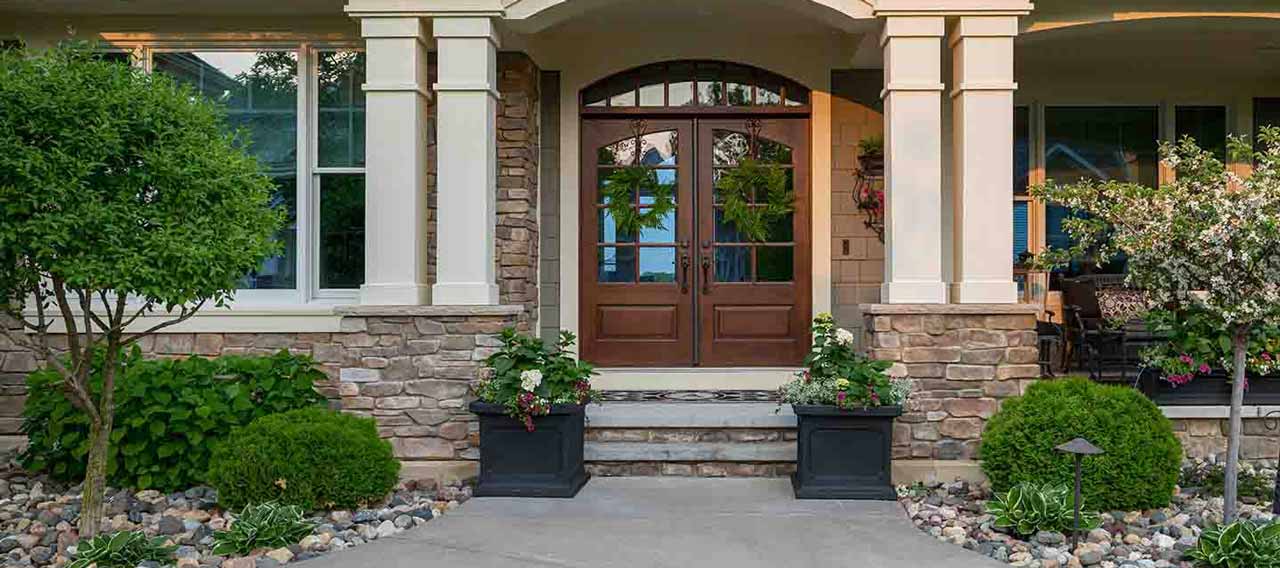
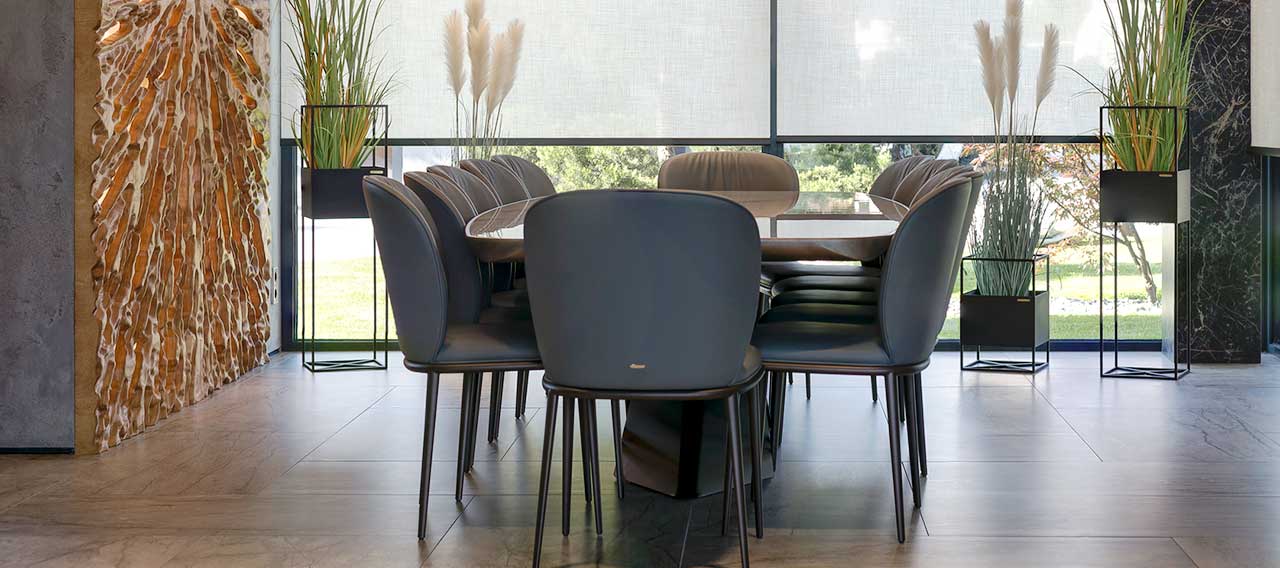
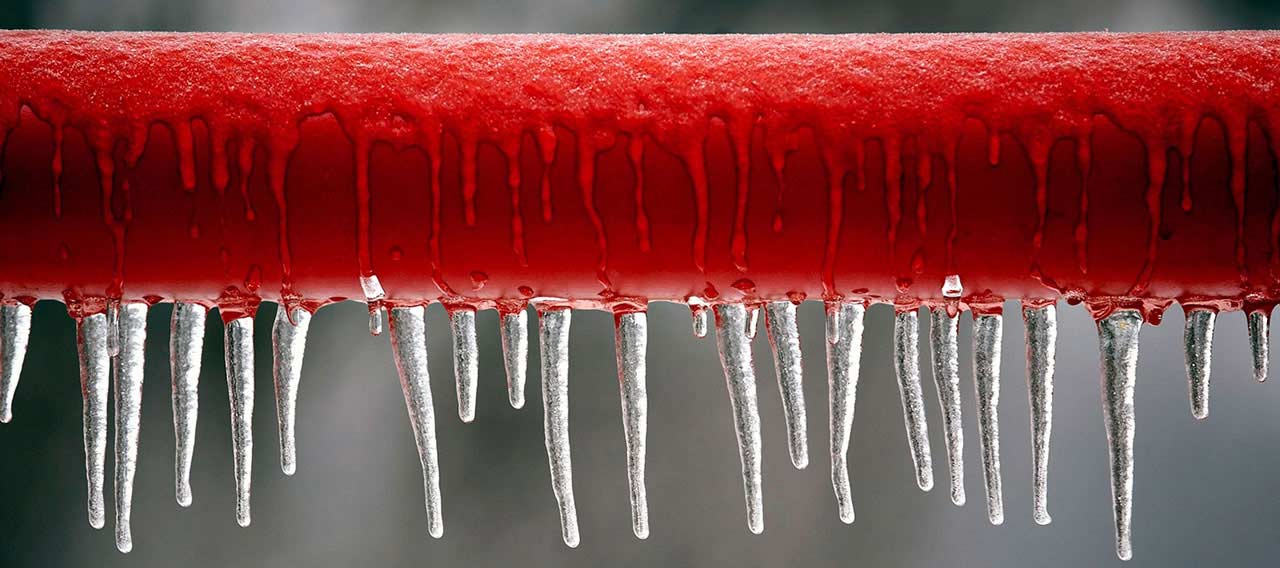
This document is advisory in nature and is offered as a resource to be used together with your professional insurance advisors in maintaining a loss prevention program. It is an overview only, and is not intended as a substitute for consultation with your insurance broker, or for legal, engineering or other professional advice.
Chubb is the marketing name used to refer to subsidiaries of Chubb Limited providing insurance and related services. For a list of these subsidiaries, please visit our website at www.chubb.com. Insurance provided by ACE American Insurance Company and its U.S. based Chubb underwriting company affiliates. All products may not be available in all states. This communication contains product summaries only. Coverage is subject to the language of the policies as actually issued. Surplus lines insurance sold only through licensed surplus lines producers. Chubb, 202 Hall's Mill Road, Whitehouse Station, NJ 08889-1600.


